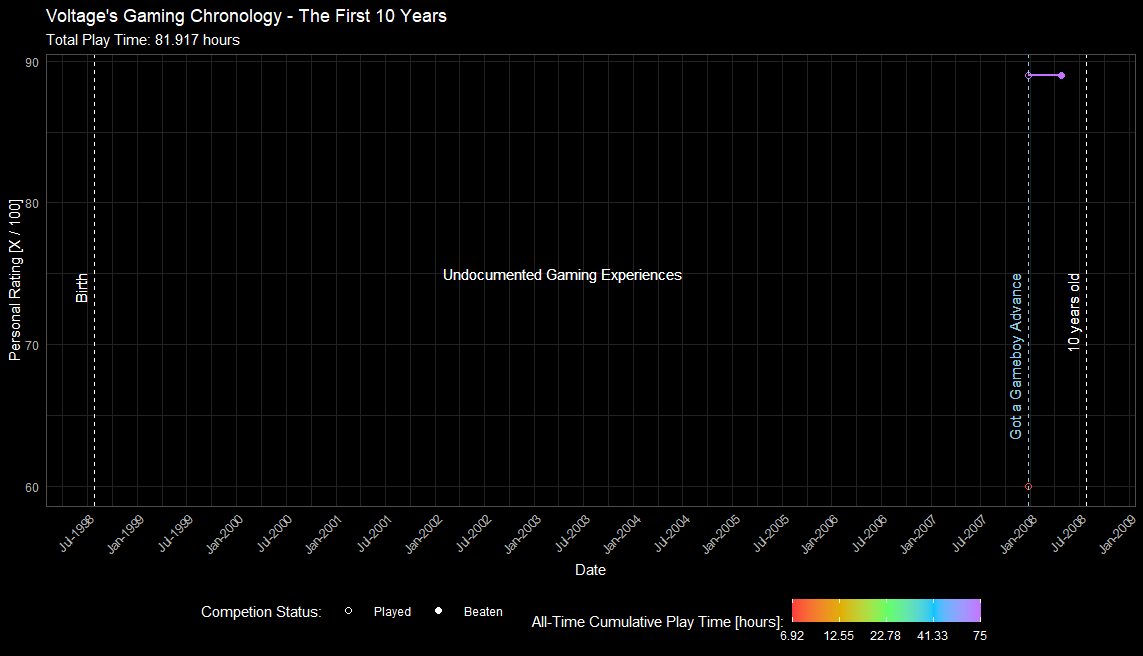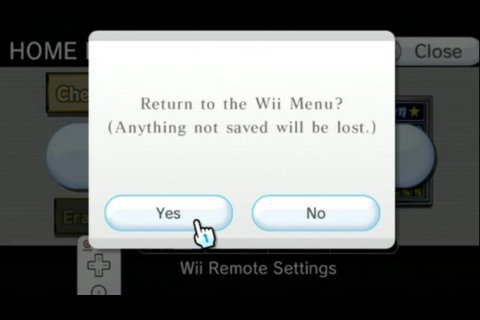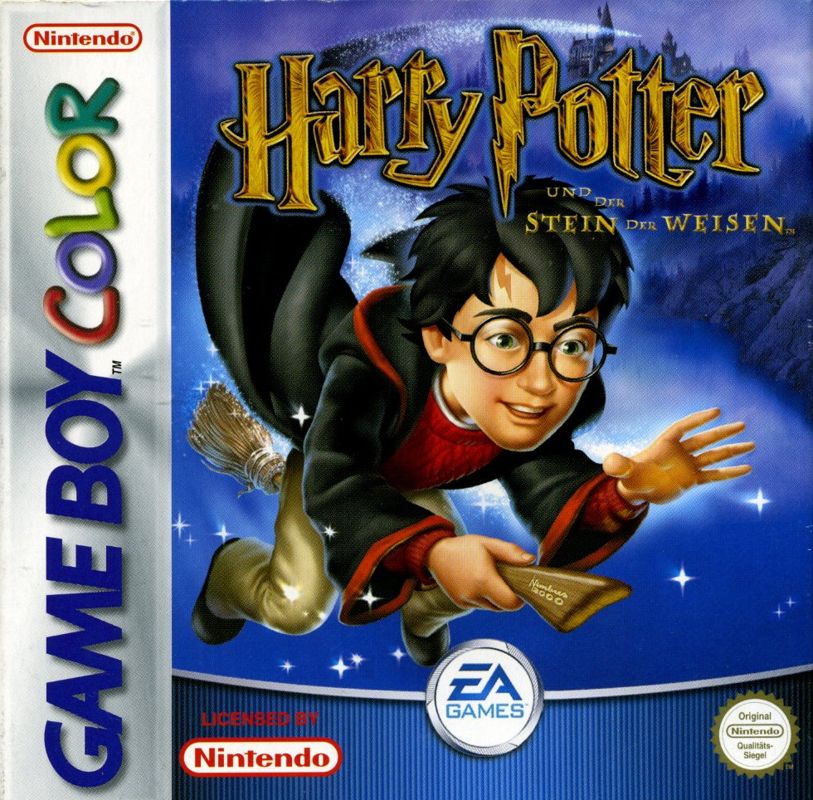<< Previous Chapter: On Rating and Bias
published: 2023-12-12
The First Ten Years

hi this figure is out of date since i have some cool new info, I will update this soon (20240127)

If I am to start somewhere in characterizing my life through my gaming experiences, I suppose the best place to begin is at the beginning. But I'm a scientist, I need things to be rigorous and well-defined. So when is "the beginning"? Is it the day I was born, a warm summer's day in July of 1998? Or is it when I can remember playing my first video game, perhaps around the age of 3 at day care? Maybe I should define my "start" on Christmas 2006, the day I got my first console, a Pearl Blue Gameboy Advance SP. Or maybe I had ought to start it when I know that I played a game for an extended period of time even if I didn't own the game or the console (or both)?
I have come to a general conclusion about where to start: wherever there oldest known recorded date of my ownership of games is. This is December 25, 2006.
I know that December 25, 2006 is not my first experience playing video games. I know I played Pokemon Gold and Mario and Luigi: Superstar Saga on a bus ride in February of 2004. I was in first grade and an older kid, a third grader had brought his Gameboy Advance and a few games for me and my neighbor friend to play while on the ride to school. My fingers were numb and red as I held the purple piece of plastic while sitting on the tough pleather seats, playing with this device that was entirely novel and far more interesting than windows which had frosted over in the morning cold. I know I was playing Elf Bowling 2, a raunchy little desktop game, on March 27, 2005, Easter. That day was the only day my parents left me and my brother to play shuffleboard with elves in Speedos to keep us blissfully unaware of the accident that had just killed our aunt and cousin. I know I played Paper Mario and Super Smash Bros. and Pokemon Stadium and Mario Party 2 all on April 1 and April 2, taking breaks to attend the funeral. I know I played Super Smash Bros. Melee in the summer of 2006, a respite from hot afternoons spent outdoors at my friends' houses. But I did not own these games, so they do not get to be on the plot. That isn't to say that in order to be on the plot I have to "own" them, per se. Rather to attempt to get exact dates for when I simply "played a game once on the bus in 2004". These are just a few examples of games that I can say, with complete confidence, that I played before the start date of my "fossil record".
According to Grant Smith, a professor in the Department of Geology at Oregon State in 1988, there are three types of gaps in the fossil record: "Real Gaps", "Imaginary Gaps", and "Temporary Gaps" [1]. The second, as its name would imply, are gaps where human perception generates the conclusion that there is a gap in our information when in reality certain changes in the fossil record might be explained with a rapid evolutionary jump rather than a more deliberate and gradual process. The third type of gap is also pretty easily understood, there are gaps in the fossil record that are eventually filled in as a result of conclusions derived from further research and investigations. And of course, there is the first case, "Real Gaps" where scientists simply lack any kind of data or information and "there is no chance of [the gap] being filled". Of course, scientists rarely like to speak in absolutes, what with their passive voices and monotonously staccato sentences, so this quote stands out. Smith elaborates: "Several statistical methods have been developed to quantify the completeness of stratigraphic sections (Sadler, 1981; Schindel, 1982; Holman, 1985). These studies shed light on the levels of confidence which can be placed on studies which rely on high resolution stratigraphy to infer rates of evolution.", which is to say in science speak "trust us, we have worked hard on making sure we're really really sure.". This article is, for all intents and purposes, a summary of the ways in which gaps in the fossil record might arise, which is only so interesting to someone like myself, who has never had a terribly large interest in dinosaurs or biological dating. And yet, Smith still manages to produce a sentence that resonates: "Unfortunately, there is no method for restoring all that has gone unrecorded."
As a kid, I did not own any of these games, I did not keep track of the exact days I played the games, I did not keep track of any play-related data (time spent playing, completion status, etc.), so before Christmas Day, 2006, I have a true "Real Gap". It doesn't make sense, therefore to begin anytime before Christmas Day 2006, even if I can, again, conclusively say I played Elf Bowling 2 on March 27, 2005. This definition of "Real Gap" will also be present beyond Christmas Day, 2006, a tragic fact that I have trouble reconciling, but I digress.
Here are just a few games that I am at least 75% certain I played before December 25, 2006 in alphabetical order (which may also appear later in my life):
- Backyard Baseball
- Backyard Football
- Backyard Soccer
- Conker's Bad Fur Day
- Diddy Kong Racing
- Donkey Kong Country
- Mario & Luigi: Superstar Saga
- Mario Party 2
- Mathblaster
- Paper Mario
- Pokemon Gold Version
- Pokemon Stadium
- Pokemon Yellow Version
- Rollercoaster Tycoon 2
- Super Smash Bros.
- Super Smash Bros. Melee
- Treasure Cove
- Treasure Mathstorm
- Treasure Mountain
- U.B. Funkeys
For the sake of completeness and accuracy in my own work and life, I will not include these titles on the chart unless they have shown up after December 25, 2006. But that isn't to say they are not also a part of my own personal history. Like memories of days in pre-school, I can speak about arbitrary circumstances and memories, but I have little understanding of their context. I know that I hid under my blanket during nap time and understood I couldn't move the big parts of my body because then the teacher would see I was still awake but could instead play with my fingers, but I couldn't tell you what day, week month or year it was. I know I played Mathblaster and some "The Learning Company" games on our Pre-School's computers, but I couldn't tell you which games they were or for how long I played them. They're all there in the tapestry of my mind, some of my earliest memories. This chart that I am presenting is instead based from as close to rigorous fact as I can get. Some liberties have been applied with regards to exact start and stop dates, for example, but for the most parts the dates and times are accurate to a reasonable degree. They're all justified by data I trust. And this data begins on December 25, 2006.
I'm sure many of you many have been able to guess as to why the fossil record begins in December 25, 2006. On my eighth Christmas, I was gifted a Pearl Blue Gameboy Advance SP by my parents. It came in a box bigger than was necessary, a crafty trick to hide the truth of the gift itself. This was the same Christmas my younger brother, who was seven, was gifted a plastic snowboard, a gift when wrapped stood tall amongst the other presents. It rested beside the tree, rather than beneath it. I, being still a child who assumed that bigger equated to better, had become intensely frustrated that my brother was getting a "bigger gift", yet another example of the younger sibling getting privileges sooner in life than their older sibling. Of course, I had no way of knowing that my brother would continually ask me for a turn with my gift beneath the tree, and not once did I ever feel inclined to try out his dinky snowboard. My Christmas gift box was wrapped in plain white wrapping paper and was about the size of an office filing box, the type in which someone might store legal documents. The morning of, I sat, dejected, at the prospect of not only my brother unwrapping a giant present, but at the fact that it seemed likely that I still would not have any kind of gaming console for myself, this coming off of one of my cousin's 11th birthday where she had gotten a Nintendo DS. I pulled the box toward me, it was lighter than I had anticipated. Tearing the wrapping paper away and opening the box, inside I found a large mass of news print and a smaller box. Confused, I repeated my previous procedure, tearing away wrapping paper, tossing away newsprint, and peering deeper to find an even smaller third box. This Matryoshka-like gift box setup had reached its limit, I had discovered the two smallest boxes: a box with the Peal Blue Gameboy Advance SP, and a boxed copy of Pokemon Mystery Dungeon: Red Rescue Team. My cousins must have been tipped off that I was getting a Gameboy Advance from my parents, because I also received two hand-me-down games from one of my older cousins at the extended family gathering that Christmas evening. The oldest cousin, who had since moved on from gaming, gifted me two Gameboy games: a game that I have since lost or forgotten (I do not remember what it is and have no recollection of what it could have been, though I have theories, but that's not worth exploring right now) and a copy of Harry Potter and the Sorceror's Stone for the Gameboy Color. These games are, therefore, the bedrock upon which the rest of my gaming history rests.
I suppose the next chapter of this story would be to discuss what Pokemon Mystery Dungeon: Red Rescue Team means to me, and how a single game about a human transforming into a Pokémon and being transported to the Pokémon world to save the world from natural disasters impacted my youth and sparked my imagination, but that will come in due course. I have to peer deep into my remaining memories of winters in Second and Third Grade, and accumulate some stories that are worth sharing beyond "we pretended to be Pokemon on the playground". That's an entire memoir collection for another time.
Harry Potter and the Sorceror's Stone - Gameboy Color

As for Harry Potter and the Sorceror's Stone, I can only say that I played enough to know that I didn't know how to play the game. The game itself is a turn-based RPG, and a pretty fascinating one at that given the source material. While I was born in 1998, a whole year after the first Harry Potter book, I had come to board the Potter-mania train as the franchise's movies and few remaining books continued to release to widespread appeal. I had read the books at that point, a fact I considered to be mark of social status, and had seen the first few movies that had released the end of 2006. What I recall admiring about the Gameboy Color adaptation of the first book in the series was the game's faithfulness to the literature rather than the movie. I mean, for Pete's sake, PEEVES THE POLTERGEIST makes an appearance.

And he makes Harry go "honk" which makes me laugh even today.
But I can understand that despite thorough understanding of the novel itself, my passion did not translate to the game. I don't think there was one particular thing that stopped my playthrough, I must have gotten lost looking for items for Professor Snape about six hours into the game and decided I preferred playing Red Rescue Team more. Perhaps in a not so distant future I'll return to this game as an older, wiser, more competent JRPG gamer.
I got other games before my tenth birthday, but again, these are games I can distinctly prove I had. I know that my other cousin, who I'll refer to as Curtis from here on, and I would trade our Gameboy Advance games each time we'd see each other. This is how I came across my favorite games of all time. I hesitate to put these games on the chart for a number of reasons, many I've already listed (lack of exactness in dates, uncertainty as to how long I played them, etc.), so for now, the chart remains as it is, three dots, two with a line between them, and one empty. This would only last for seven months before the next set of data on the chart, the era where I began to record myself in significantly greater detail.
Next Chapter: Ristar Review >>
[1] G. S. Smith, “Gaps in the Rock and Fossil Records and Implications for the Rate and Mode of Evolution,” Journal of Geological Education, vol. 36, no. 3, pp. 143–146, May 1988, doi: 10.5408/0022-1368-36.3.143.